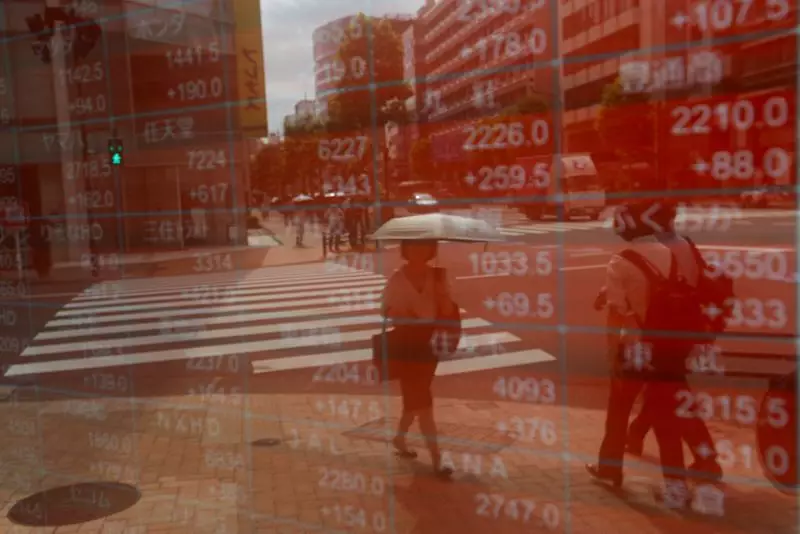Asian shares bounced on Thursday, tracking a tech-driven rally on Wall Street. The dollar also held onto gains after U.S. core inflation surprised slightly on the upside, dashing hopes of a large rate cut by the Federal Reserve next week. The data showed that the core consumer price index rose 0.28% in August, higher than the expected 0.2%. This news led to a shift in market expectations regarding the upcoming Fed rate decision. The probability of a half-point rate cut next week dropped to just 15%.
Investors are now waiting for a policy decision from the European Central Bank later in the day. It is almost certain that the ECB will announce a rate cut, but the question remains whether there will be further cuts in October and December. Europe is expected to see solid gains ahead of the ECB risk event, with EUROSTOXX 50 futures jumping 1.3% and FTSE futures gaining 1.1%. Nasdaq futures also turned higher, with MSCI’s broadest index of Asia-Pacific shares outside Japan rallying 1.5%.
The Nikkei in Japan jumped 3.3% thanks to a weaker yen, which had pulled back from its recent high. In contrast, China’s share markets were relatively subdued. Tech-heavy share markets in regions such as Taiwan and South Korea also saw gains, following the lead of Wall Street’s tech stocks. In the foreign exchange market, the dollar traded near a four-week high versus the euro, which eased to $1.1015.
Short-dated U.S. Treasuries sold off overnight, with two-year Treasury yields edging up 1 basis point to 3.66%. Oil prices extended gains on fears of production shutdowns due to Hurricane Francine. Brent crude futures rose 0.7% to $71.09 a barrel, finding support at $68.69. Gold prices were also up slightly at $2,517.89 an ounce.
Overall, the market reaction reflects a mix of optimism and caution. While the tech sector continues to drive gains in some markets, uncertainties around central bank decisions and economic indicators are keeping investors on their toes. The coming weeks will likely see increased volatility as market participants react to incoming data and news, adjusting their positions accordingly. It is essential for investors to stay informed and be prepared for sudden shifts in market sentiment.

